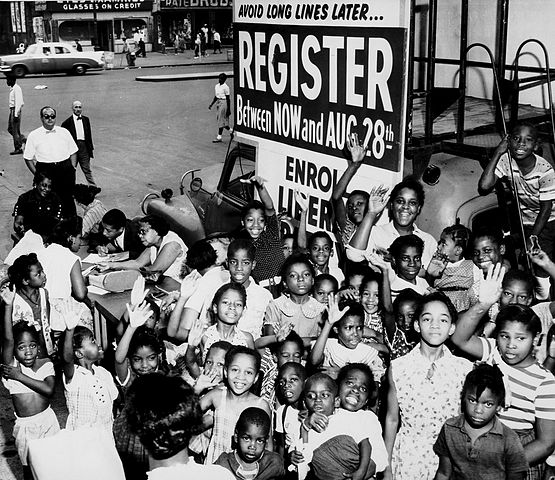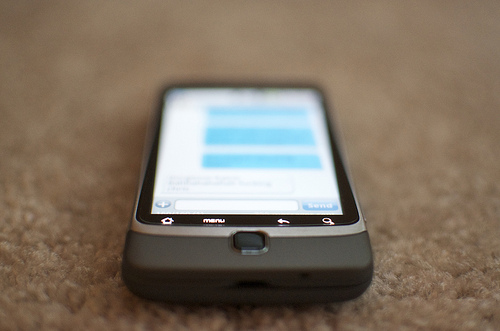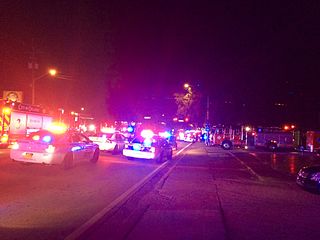
After the Civil War Florida instituted a lifetime ban on voting for anyone convicted of a felony. Even during the 1960s, when the state’s constitution was updated under the control of the majority Democratic legislature, the ban on voting for felons was retained.
In 2018, however, Florida voters approved what is known as Amendment 4, a law designed to allow most felons to vote. Despite the new legislation, the Republican-controlled legislature severely attenuated the law by placing a number of restrictions on felons who attempted to register to vote. One of those restrictions was the new requirement to pay off any and all outstanding court debts.
Critics of the requirement called it a “modern day poll tax” and a fight between the opposing sides ensued. Despite the challenge from civil rights and voter rights groups and a federal judge dismissing most of the law, a narrow decision in the 11th Circuit Court of Appeals agreed with Governor DeSantis and upheld the law.
The director of the Florida Rights Restoration Coalition, Neil Volz investigated and found 67,392 felons who had registered to vote between January 2019 and September 30, 2020. This is a fraction of the 775,000 felons who could register under Amendment 4, except that they owed court-imposed fees, fines or restitution.
The FRRC got into action and raised money to pay those court fees on behalf of those felons. Mike Bloomberg raised $16 million. In the end the group spent $25 million to pay off the debts of over 40,000 felons.
Desmond Meade, executive director of the FRRC said of the over 67,000 newly registered felons that it was an “historical” moment.
“There is no doubt in my mind that there are thousands upon thousands of energized and inspired returning citizens throughout the state that will not be denied, that will be a voice, and will have an impact in determining who wins Florida,” Meade told reporters on the first day of early voting.



